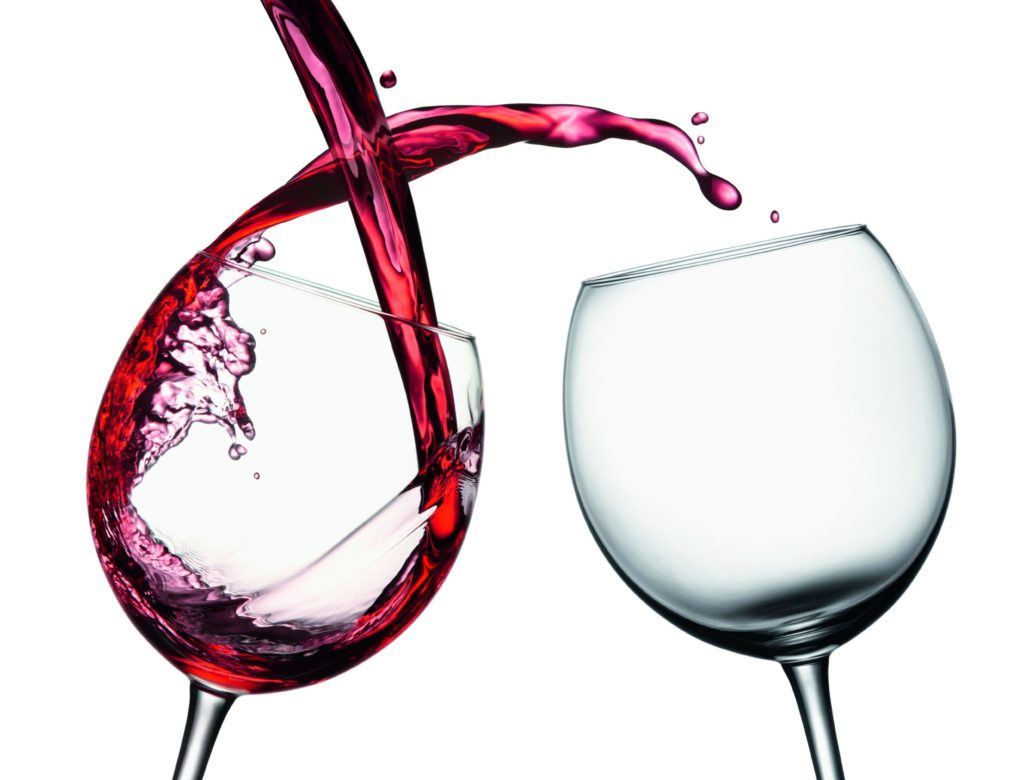It shouldn’t surprise anyone familiar with the ethno-cultural dynamics of tipple in West Africa that what you expect to see in a bottle isn’t always what you get to drink. This is especially so with wines. So let me now welcome you to the ‘social viticulture’ of West Africa. The agronomical version of this ‘culture’ doesn’t
exist around here. Grapes, you see, don’t do too well in desert or near-desert heat.
The bottle could, for instance, contain palm wine, the very affordable, hugely popular brew tapped from the trunk of the tropical palm tree and best consumed from a drinking gourd. The sweet-and-sour milky draught reputedly has prophylactic properties. Over the last 20 years, several entrepreneurial attempts to commercialize, commodify and transform this indigenous beverage into a bottled retail product have failed. Its fermented variant is an acidic, bitter brew best avoided by those who seek to protect their social reputations and their health. Urban and rural folk living anywhere between Liberia, Sierra Leone, Côte d’Ivoire, Ghana, Togo, Benin, Nigeria and Cameroon refer to it as the ‘toxic tantalizer’.
Wine could also mean bottled fruit juice, sweet and sparkling, best served chilled and for those who lead ‘alcohol-free lives’ or love any colored fizzy stuff.
And of course, wine could mean ‘foreign wine’, the grapey drink from the vineyards of the world’s wine-growing regions. How French, German, Spanish, Swiss and Flemish wineries made the palm wine- producing belts of West Africa (and South America) and the rest of the world their target market is another story, for another day. It’s safe to say, though, that the spirit of the UN is actively in charge of proceedings in most wine shops worldwide. In West African shops and supermarkets, as elsewhere, wines from the ‘New World’ jostle for space with the ‘Old World’ wines.
Loading...
Of course, the African Union member states don’t—or can’t—say much. As keen members of the international consumers’ club, they can only observe the fare as they ponder their growing affection for imported wine and its intended effect on their trade balances and fiscal positions. South Africa (the only wine producer in the AU) coughs up a tipple point once in a while, and let me reveal that the wines from South Africa are the most pocket-friendly in Nigeria and Ghana.
South Africa and China (another ‘New World’ wine producer) are two interesting case studies in global viticulture. While SA Inc., through SA Tourism, is only too eager to sell and showcase its wine portfolio to the rest of the world, China’s fast-expanding connoisseur class prefers ‘Old World’ wine (preferably French) to their homegrown variety. The Chinese have massive vineyards, but I haven’t yet seen any ‘Made in China’ wine in any shop in Cotonou, Lomé or Accra, despite having spied vodka made in India in downtown Lagos! Strange:
the Chinese don’t usually hoard anything salable.
In any case, a stroll into any wine shop in many Ivorian, Ghanaian, Senegalese, Gambian, Cameroonian, Gabonese or Nigerian cities will reveal racks of liquid warfare, symbolic of the silent but ongoing battle of the wine bottles going on between France, Germany, Spain, America, Italy, Chile, Argentina, Australia and, of course, South Africa (for their share of our disposable income).
In these parts, palm wine may have already lost the battle of the bottles. Don’t ask me for figures. The fact is, while varietals like chardonnay, riesling, sauvignon blanc, shiraz, merlot, cabernet sauvignon and pinot noir are measured in hector liters, nobody has been able to guesstimate how many gourds of West African palm wine are consumed.
According to those who should know, a healthy palm tree could have a fruitful lifespan of 10 years or more. But no one knows how many kegs of this indigenous wine are filled daily by traditional palm wine tappers. These guys are busy, for the present, but their numbers are thinning. No forward-thinking person wants his child to learn how to climb a palm tree. Palm-tree tapping is a collarless profession.
Wine retailers in central Lagos tell me that tons of international viticulture finds its way into Africa’s most-populous country in regular bottles, magnums and wooden cases daily, via formal and private channels. But few folk—and they must be connoisseurs—really worry about the geographical origin of their drinks. “Why bother?” someone asked at 1662, a ritzy wine bar in highbrow Ikoyi. “Most of the world’s winemakers don’t have a clue where Abuja is on the map.”
“Quite true, but why should they care?” another patron quipped.
“Ah, my brother,” the chap returned. “It is good to know what you don’t know. That’s the beginning of knowledge, after all. You know, a flute can mean different things. It is a musical instrument. It is also the appropriate glass to use for champagne.”
Loading...
